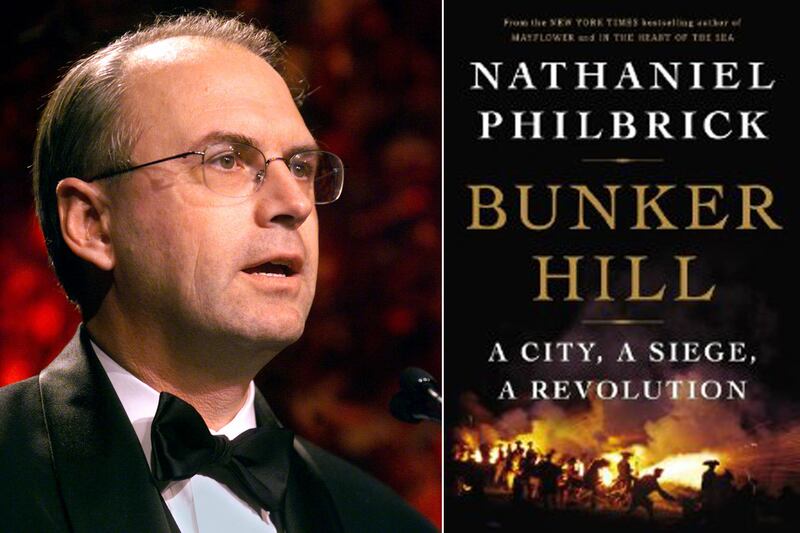
As an author of narrative history, I read a lot of history books. What follows is a list of the books I find myself returning to years after I first read them.
The Powerbroker: Robert Moses and the Fall of New YorkBy Robert Caro
I first read this in the early 1980s when I was a sailing journalist living in Manhattan’s Upper West Side. Not only did it help me understand the city that had become my adopted home, it showed me how historical research could serve the purposes of both character development and plot.
A Night to RememberBy Walter Lord
This book about the Titanic disaster got me to thinking about telling my own account of a historic shipwreck. Lord has a talent for finding the detail that reveals everything. Like the famous iceberg, his research is massive in its hidden breadth and power. The prologue is a prose poem brimming with enigmatic foreboding.
Of Plymoth PlantationBy William Bradford
Part adventure story, part chronicle of a spiritual journey, this history of Plymouth Colony is also filled with a yearning sadness as Bradford realizes that the Pilgrim settlement will not fulfill all his hopes. It’s easy to overlook the artistry that Bradford brings to this deceptively plain-spoken account.
Regeneration through Violence: The Mythology of the American Frontier, 1600-1860By Richard Slotkin
As a former English major, I have always been fascinated by the connections between literature and history. Slotkin brilliantly interweaves the two as he takes us on a cultural thrill ride that ends with Herman Melville’s Moby-Dick and the battle for the American West. This book helped me see the story that linked the voyage of the Mayflower to King Philip’s War. Slotkin’s follow up, The Fatal Environment: The Myth of the Frontier in the Age of Industrialization, was equally helpful when I took on the Battle of the Little Bighorn in The Last Stand.
Black Elk Speaks:Being the Life Story of a Holy Man of the Oglala SiouxBy John Neihardt
This understated gem contains an immense amount of ethnographic material even as it tells the very personal story of a man caught in a cultural cataclysm. For those wanting to read the transcripts of the interviews that formed the basis of Neihardt’s masterpiece, see Raymond DeMallie’s The Sixth Grandfather.
Coda: I must also mention two novels that I have come to treasure as works of history: William Faulkner’s Absalom, Absalom!, which is all about the uses of the past, and Herman Melville’s Israel Potter: His Fifty Years of Exile, an account of the real-life Forrest Gump of the Revolution. Melville’s portraits of Ethan Allen, John Paul Jones, Benjamin Franklin, and many others are pointed and sometimes wonderfully funny. The book’s dedication to the Bunker Hill monument got me to thinking about writing my own book about Boston and the American Revolution.






